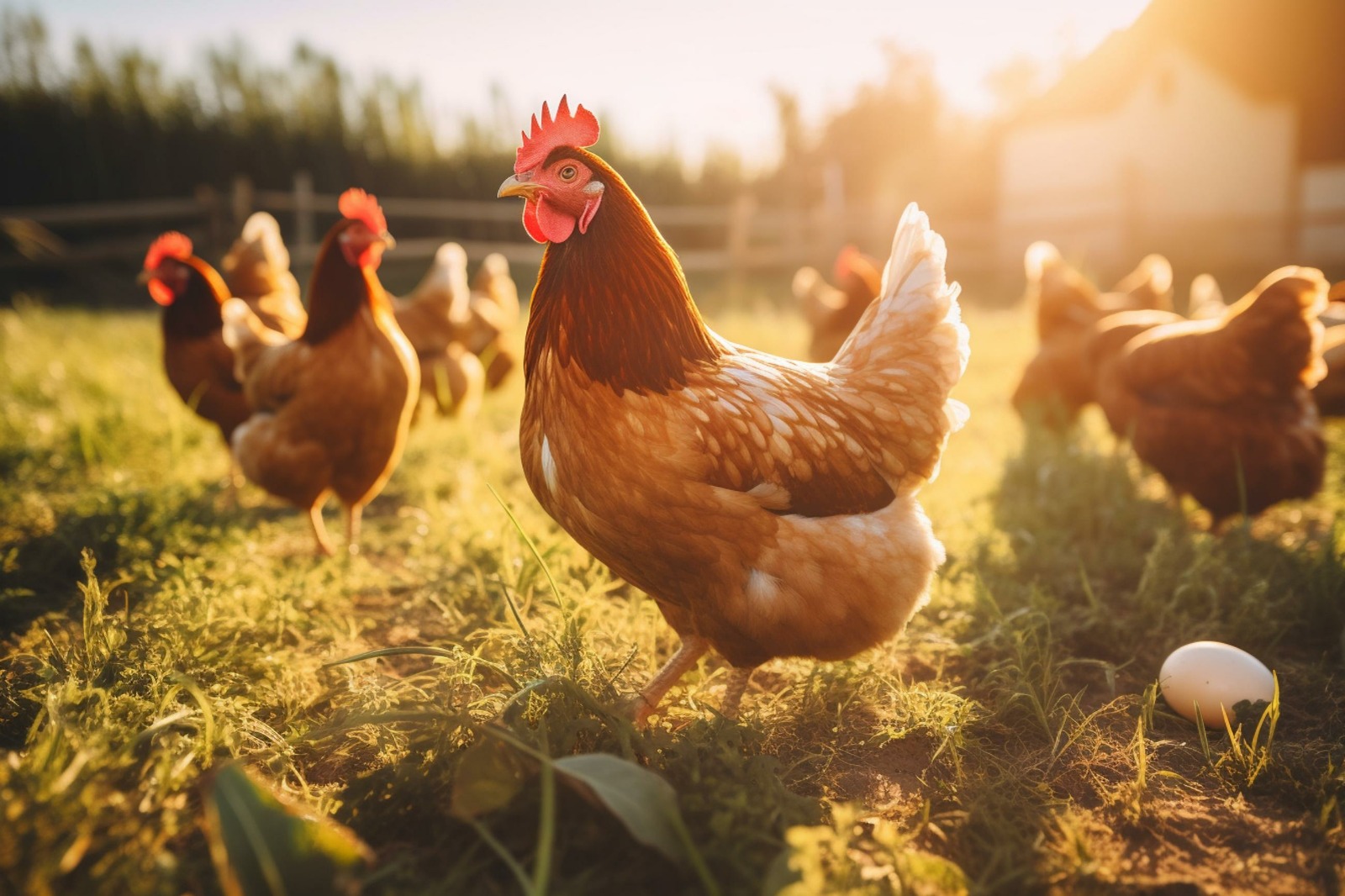- +353 (0)45 866266

The Microbiology laboratory is an INAB accredited laboratory for the detection of foodborne Salmonella in a variety of sample types from all stages of production, from primary production through to final product testing. This includes testing feed and food intended for animal and human consumption and environmental samples associated with the food handling and production industries. We provide reliable results with efficient turnaround times.
For further information please contact the laboratory at: microlab@irishequinecentre.ie
Sign up for our newsletter and keep up to date with industry news!
Sign up for our newsletter and keep up to date with industry news!
Privacy Policy | Terms & Conditions
© Copyright Irish Equine Center. All Rights Reserved | Designed by DMC Consultancy LTD